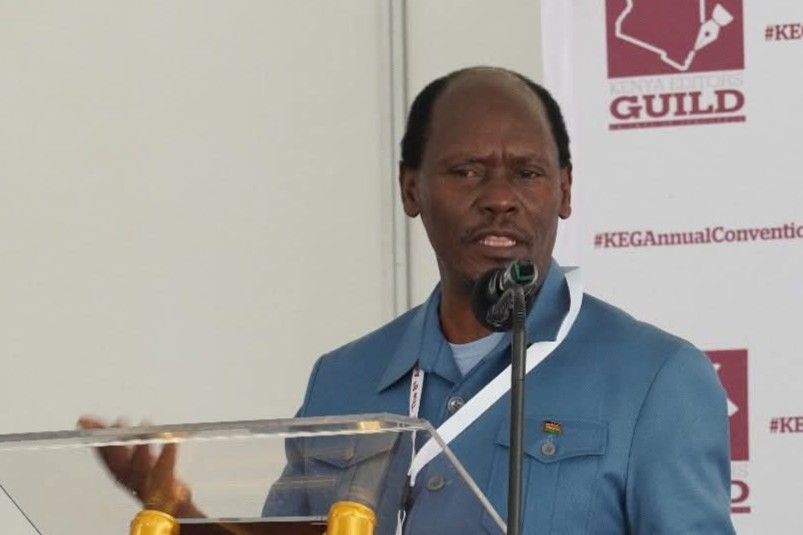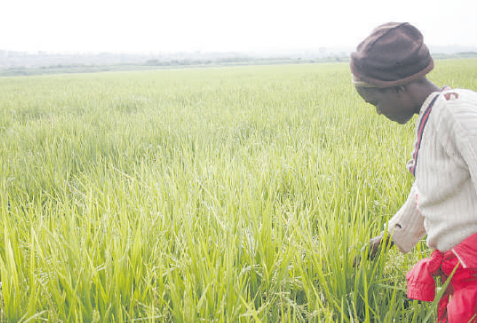
CLIMATE experts have embarked on an ambitious initiative that will support farmers to make timely and effective choices on managing their rice fields.
The Climate-Smart Decision Support System Project will integrate locally generated climate data with satellite systems to offer rice farmers more accurate and relevant weather information to improve their productivity, reduce risks, and support environmentally friendly farming practices.
“We started this project in October last year with three baseline locations in Kenya and 17 in Nigeria. We first wanted to understand the local needs of the farmer to tailor tools using localised innovations. The major issue was existing infrastructure and a mismatch in information remitted to farmers due to poor data analysis,” the African Agricultural Technology Foundation assistant programme officer for data management said.
The aim of the project is to help businesses use climate data such as weather patterns, rainfall, temperature changes, and other factors to inform their agricultural decisions.
The data will be turned into easy-to-follow advice and shared with farmers through an internet application or by sending bulk messages on their phones.
The move will help farmers make smart choices about growing and managing their rice crops, boosting their productivity and improving their income.
Timely information on rainfall patterns, temperature trends, and extreme weather forecasts will guide planting schedules, irrigation management, and pest control strategies in addition to supporting risk management decisions.
When farmers know when to expect heavy rainfall or prolonged dry spells, they can adjust their cultivation practices and choose resilient crop varieties, ensuring optimal yields under the prevailing climatic conditions.
The project is funded through the Grand Challenges, an initiative of the Bill and Melinda Gates Foundation.
The project partners include Michigan State University, the Cereal Growers Association of Kenya, the University of Nigeria, Nsukka, and Benue State University, Nigeria.
The project was among technologies that were shown to the over 800 delegates who attended a four-day African Conference on Agriculture Technologies (ACAT2025) at Kigali Convention Centre.
The conference was under the theme ‘NextGen Ag-tech solutions for Africa’s farmers’.
The conference is the continent’s premier platform for advancing agricultural technology transfer.
Macharia said data from the project will support farmers in making timely and effective choices about planting, irrigation, and other farming activities, improving productivity and resilience.
He said after the baseline data had been collected, they went back to fabricate technology that ensures that the data collected is not only accurate but also puts the needs of the farmer at the fore.
Macharia said calibration was not easy, as they had to capture parameters.
He said testing is being done at Michigan State by engineers even as plans get underway to install the project at the beginning of quarter two.
During the conference, delegates endorsed a number of initiatives aimed at bolstering the adoption of different technologies to boost food production.
They reiterated that partnership is key if such technologies are to be embraced.
"We reiterate that no single entity can drive sustainable agricultural transformation in Africa and therefore encourage the establishment of long-lasting partnerships that are grounded in mutual interest and trust and are capable of scaling proven innovations and driving real transformation for smallholder farmers across Africa," part of the joint communique endorsed stated.




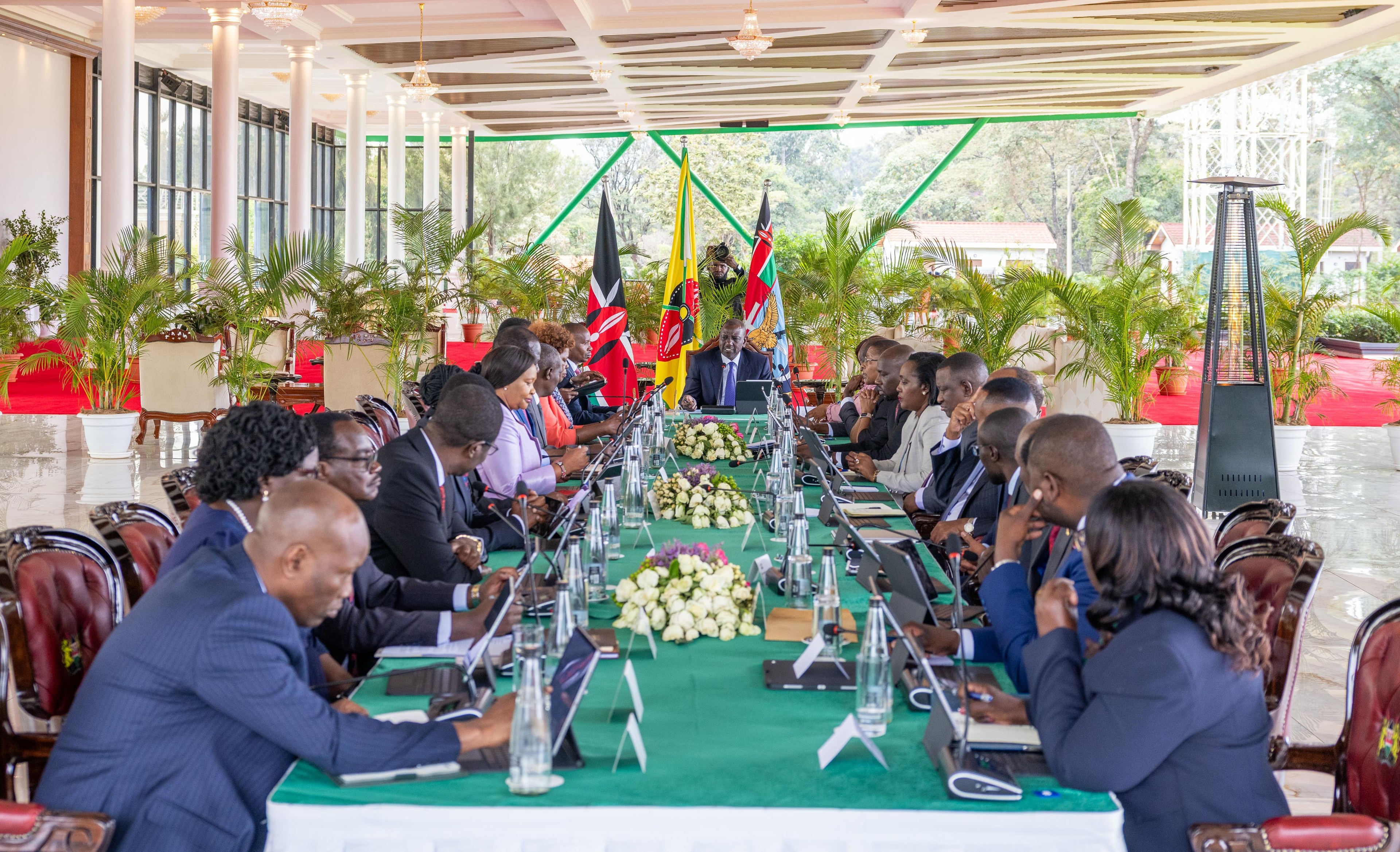
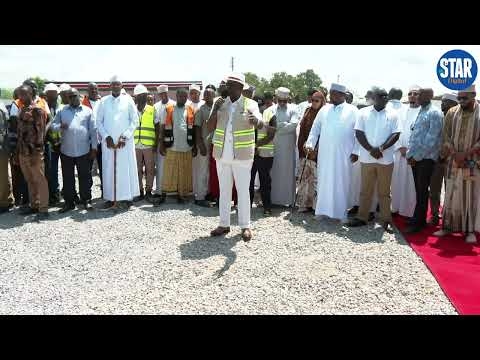


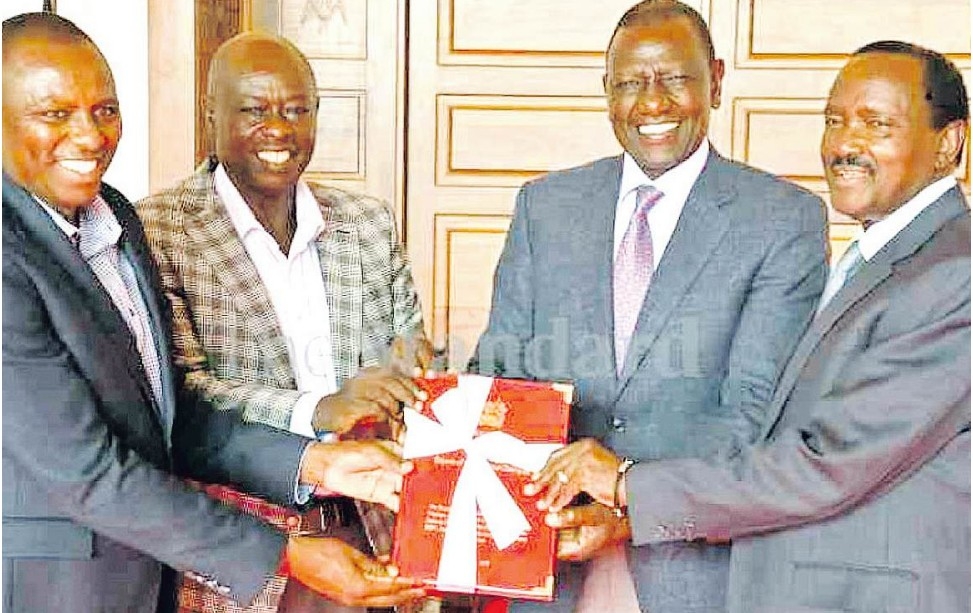



![[PHOTOS] Ruto present as NIS boss Noordin Haji's son weds](/_next/image?url=https%3A%2F%2Fcdn.radioafrica.digital%2Fimage%2F2025%2F11%2Ff8833a6a-7b6b-4e15-b378-8624f16917f0.jpg&w=3840&q=100)



